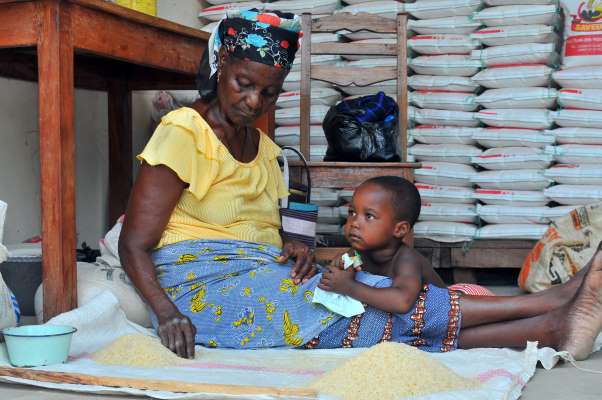
On 15 July 2022, the Board of Directors of the African Development Bank Group approved a $5.39-million budget support package for Togo to help the West African country strengthen its food security and the resilience of its small farmers to the effects of the war between Russia and Ukraine, which has led to soaring price hikes of basic foodstuffs and agricultural inputs.
Wilfried Abiola, the Bank Group’s Country Manager for Togo, said: “The budget support that has just been approved by our Board of Directors is to help the government in its drive to support vulnerable small-scale producers. The sharp rise in fertilizer prices and the difficulties of small, vulnerable producers to buy fertilizers are likely to lower the rate of fertilizer usage and adversely affect future agricultural production.”
This grant will provide some 25,500 farmers, of whom 40% are women, with 500 tonnes of certified climate-resistant seed and 7,700 tonnes of fertilizers. These farmers will also receive support on developing an additional 25,500 hectares of land and will get agro-climatic information on a regular basis to help them tackle the effects of climate change. Togo expects to produce an additional 37,500 tonnes of cereals over the two agricultural seasons of 2022 and 2023. Some 120,000 people will see their food and nutrition security improved.
A full capacity-building component is planned to benefit organizations essential to the Togolese agricultural sector, such as the Agricultural Input Supply and Management Pool, the Advisory and Technical Support Institute, the National Food Security Agency and the Agricultural Financing Incentive Mechanism.
On 20 May 2022, to address the effects of the war between Russia and Ukraine, which has led to soaring food prices worldwide, the African Development Bank Group launched a $1.5-billion African Emergency Food Production Facility , that aims to provide 20 million producers across the continent with agricultural seeds (wheat, rice, maize and soybeans). The goal is to produce an additional 38 million tonnes of food, worth $12 billion, over the next two years.







